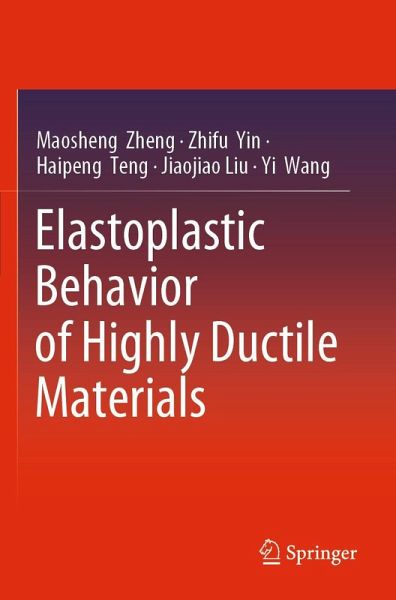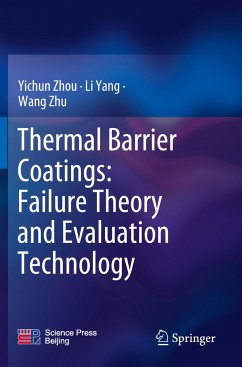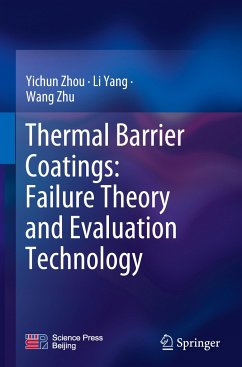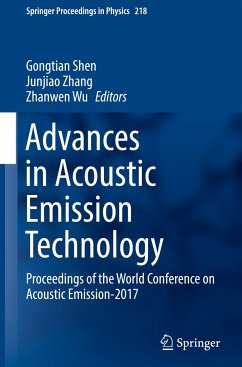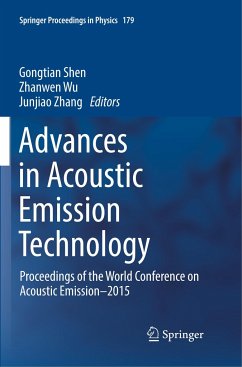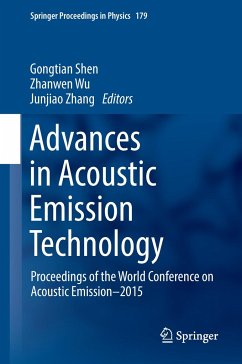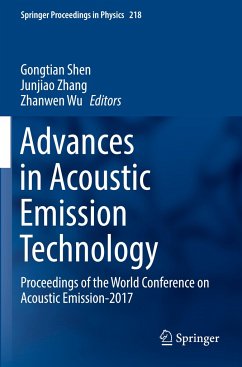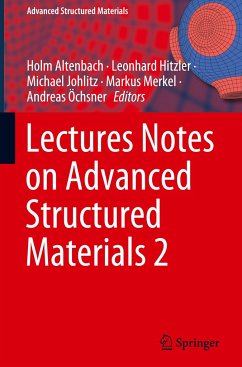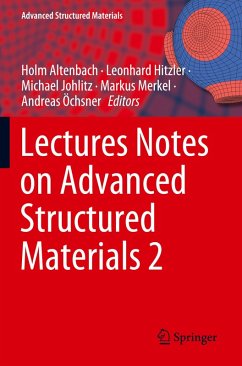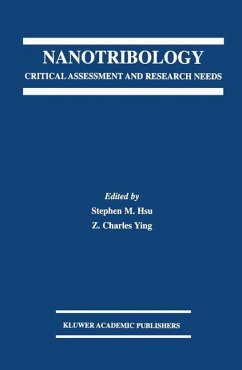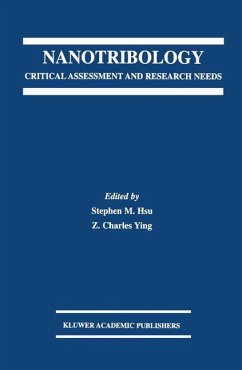Dr. Maosheng Zheng received his Bachelor degree in Theoretical Physics from Northwest University, Xi'an, China in 1983; Master degree in Electronic Physics from Xidian University, Xi'an, China in 1985; and Ph.D. degree in Materials Science and Engineering from Northwestern Polytechnic University, Xi'an, China in 1992. In June 1994 to June 2006, Dr. Zheng has been in School of Materials Science and Engineering, Xi'an Jiaotong University as a Professor, and since June 2006, Dr. Zheng has been in School of Chemical Engineering, Northwest University as a Professor. Dr. Zheng focuses on the research of Materials Science and Technology. His recent research interests include: energy resource material and thermal energy storage materials, thermal energy conversion and utilization, renewable energy, etc. Till 2018, Dr. Zheng has published more than 100 peer-reviewed papers in international journals and conferences. He is a Member of China Energy Society, Vice Chairman of Shaanxi Corrosion and Protection Society and served as a reviewer of several international journals. He was a recipient of State Council special allowance, 2nd prize of Science and Technology Progress Award of China Aviation Industry Corporation, 3rd prize of Science and Technology Progress Award of the Ministry of Education, 2nd prize of Huo Yingdong Young Teacher (Research), The 2nd Youth Science and Technology Award of Shaanxi Province, 2nd prize of the Natural Science Award of China Higher Education, respectively. Dr. Zhifu Yin received his Bachelor degree in from Kunming University of Science and Technology, Kunming, China in 2002; Master's degree from Kunming University of Science and Technology, Kunming, China in 2005; and Ph.D. degree in Materials Science and Engineering from Xi'an Jiaotong University, Xi'an, China in 2010. Since July 2010, Dr. Yin has been in Institute of Oilfield Chemistry of Yanchang Petroleum (Group) Co., Ltd., now as a senor engineer. Dr. Yin focuses on the research of Materials Science and Technology, especially pipeline material and technology. Dr. Yin has published more than 40 peer-reviewed papers in international journals and conferences. He was a recipient of 3rd Prize of Shaanxi Provincial Science and Technology, 2nd Prize of China Corrosion and Protection Society Science and Technology Progress, 1st Prize of Shaanxi Petrochemical Science and Technology, 2nd Prize of Yulin Science and Technology, 3rd Prize of Yan'an Science and Technology, a number of scientific and technological achievements awards of Yanchang Petroleum Group Corporation, and the Outstanding Contribution Award of Shaanxi Petrochemical Youth Science and Technology in 2017. Dr. Haipeng Teng received his Bachelor degree in Thermal Energy and Power Engineering from Xi'an Jiao Tong University (XJTU), Xi'an, China in 2002; Ph.D. degree in Thermal Energy and Power Engineering from Institute of Engineering Thermophysics, Chinese Academy of Sciences (CAS), Beijing, China in 2011. InJune 2002 to June 2006, Dr. Teng was in Mechanical and Electrical Engineering College, Shaanxi University of Technology as a Lecturer, and since June 2011, Dr. Teng has been in School of Chemical Engineering, Northwest University as an Associate Professor engaged mainly in mechanical equipment design, energy and materials. Jiaojiao Liu received her Bachelor and Master degree in School of Chemical Engineering, Northwest University, Xi'an, China in 2014 and 2017, respectively. Since 2017 she has been in Northwest University as assistant engineer engaged mainly in mechanical equipment design, energy and materials. Yi Wang received her Bachelor degree in Mechanical Design, Manufacturing and Automation from Northwest A&F University, Yangling, China in 2014; Master degree in Mechanical Design and Theory from Xi'an Shiyou University, Xi'an, China in 2017. Since June 2018, Wang Yi has been in School of Chemical Engineering, Northwest University as an assistant engineer engag
